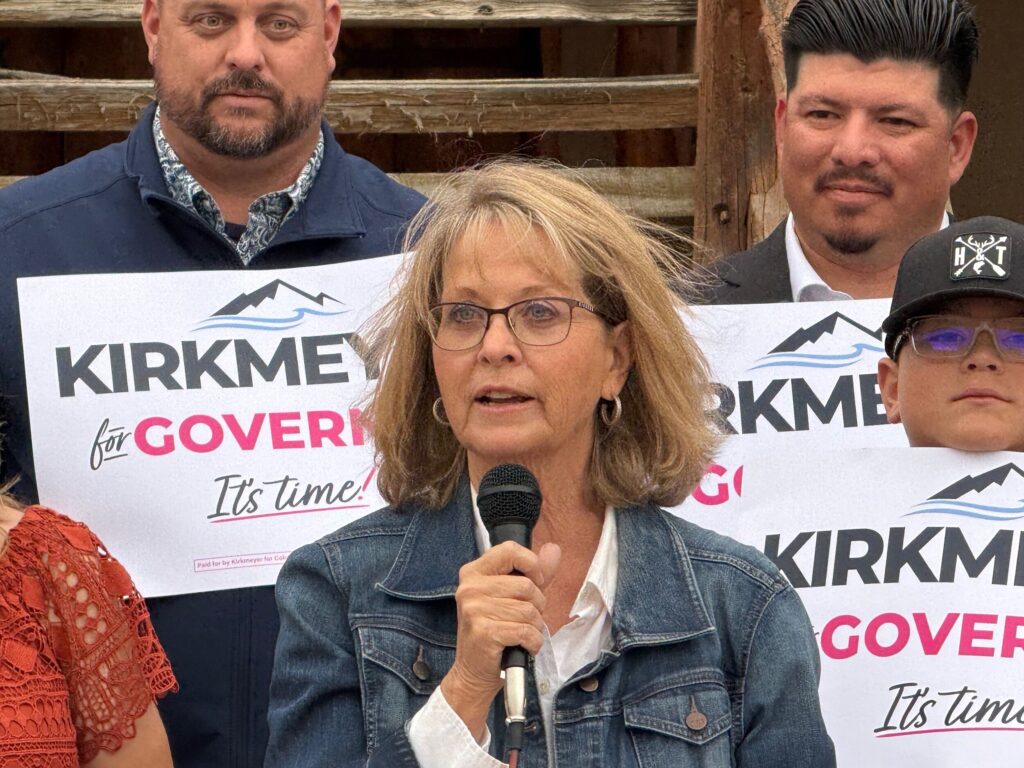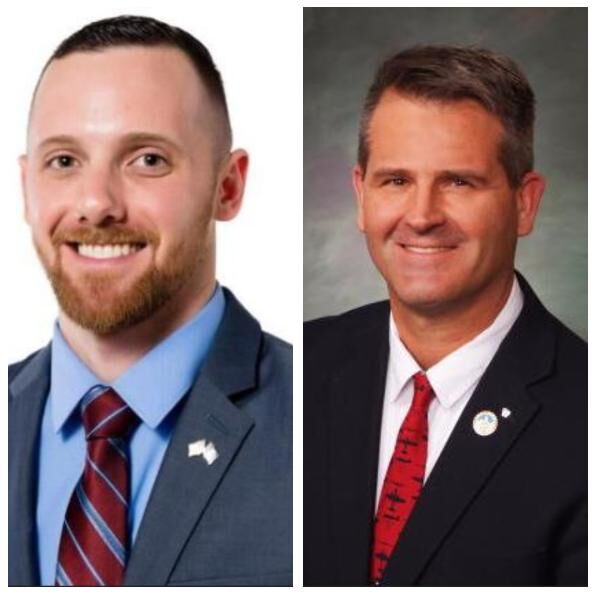Jared Polis, lawmakers appoint members to group tasked with solving Colorado’s property tax woes

Gov. Jared Polis and legislative leaders picked appointments to a 19-member group tasked with figuring out a long-term solution to Colorado’s property tax woes.
Legislation from the recent special session, which sought to offer relief from soaring property taxes, created the task force.
Polis announced his picks on Tuesday, while lawmakers announced their appointments on Wednesday.
Under House Bill 23B-1003, the commission must convene by the week of Dec. 18, 2023, with its initial report to the General Assembly and governor due on March 15, 2024.
Also under the legislation, the task force members are meant to represent specific geographies and interests.
Senate President Steve Fenberg appointed the following:
-
Sen. Chris Hansen of Denver
-
Jefferson County Commissioner Andy Kerr, a former state senator, representing the Front Range; Kerr is a Democrat
-
Kevin Vick, vice president of the Colorado Education Association, representing a statewide organization that includes educators.
House Speaker Julie McCluskie appointed the following:
-
Speaker Pro Tempore Chris deGruy Kennedy
-
Summit County Commissioner Tamara Pogue, a county commissioner, representing the mountains; Pogue is a Democrat
-
Jonathan Cappellis, executive director of the Neighborhood Development Collaborative, representing an organization that advocates for low-income people, seniors and renters
Hansen and Kennedy co-sponsored the property tax relief measure Democrats approved during the recent special session as well as the bill that became Proposition HH, which voters rejected by more than 18 percentage points.
Polis appointed the following:
-
Mesa County Commissioner Cody Davis of Grand Junction, Colorado, to serve as a county commissioner from the Western region
-
Weld County Assessor Brenda Dones of Johnstown, filling the requirement for a county assessor
Both Davis and Dones are Republicans.
Meanwhile, Senate Minority Leader Paul Lundeen of Monument named Sen. Mark Baisley, R-Woodland Park; Loren Furman, president and CEO of the Colorado Chamber of Commerce, representing a statewide or regional business organization; and, Commissioner Lori Laske, a Republican from Alamosa County.
House Minority Leader Mike Lynch appointed Rep. Lisa Frizell of Castle Rock, the former Douglas County assessor; Elbert County Commissioner Chris Richardson, a Republican; and, Sean Dougherty of RE/MAX Alliance of Fort Collins, who will represent commercial real estate interests.
The task force will also include JoAnn Groff, the state property tax administrator; Ann Terry, the executive director of the Special District Association of Colorado; Broomfield Mayor Guyleen Castriotta, named by the Colorado Municipal League; Brett Johnson, the chief financial officer for the Aurora Public Schools and former deputy treasurer under Walker Stapleton – Johnston was appointed by the Colorado Association of School Executives; and, Assistant Chief Bob Olme from West Metro Fire Protection District and treasurer of the Colorado State Fire Chiefs, with Chief Brad White of the Grand Fire Protection District in Granby, the association’s vice president, as an alternative, due to the nature of the job.
The bill setting up the property tax commission went through substantial changes in its trip through the General Assembly. As originally introduced, the group would not have started meeting until June 15, 2024, with an initial report due the following Oct. 15. It also would have been allowed to meet for several years, until 2027.
The commission has the ability to extend its work past March 15, but no later than the end of 2024.
The original version, which set up a 17-member commission, would have allowed 10 appointments from the House Speaker and Senate President, and two more appointments by the governor.
But in the Senate, the bill’s Democratic sponsor, Sen. Kyle Mullica, D-Thornton, worked with Republican colleagues to come up with a bill that was more balanced in its appointments. That wasn’t enough to get Republican votes, due to the bill’s inclusion of a union member – that’s the Colorado Education Association appointment – and requirements that the group look at housing affordability.
Polis convened the recent special session to deal with skyrocketing property tax increases, which resulted from rising home values and changes that follow the voter-approved repeal in 2020 of the Gallagher amendment.
The special session’s property tax bill lowered the assessment rate, from 6.765% to 6.7%, and increased the deduction for home values, from $15,000 to $55,000. Those changes apply to the 2023 property tax year only – and only to residential properties, whether single-family homes or multi-family residences, such as condos or townhomes.
The Democrats’ proposal left out commercial property owners, including owners of apartment buildings, who also face higher property tax increases in the 2023 assessment year.













